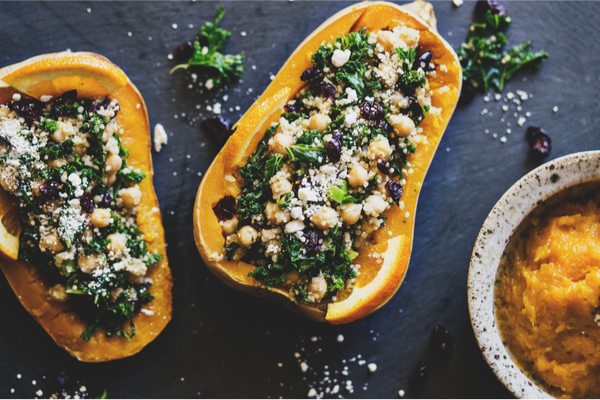Hundreds of thousands of specialty food and beverage products were on display from more than 2,400 exhibiting companies at the 2019 Summer Fancy Food Show, held this June in New York. This show has gotten increasingly more popular over the last few years, as specialty food sales continue to climb. Apparently shoppers are seeking culinary ways to elevate experiences in otherwise everyday occasions.
The specialty food market grew 9.8% between 2016 and 2018 to $148.7 billion, according to a new report from the Specialty Food Association and Mintel International. At retail, specialty food sales outpaced the growth of all food, up 10.3% compared with 3.1% during the two-year period. Nearly three in four consumers purchase specialty food products, which may be defined as premium, produced in small batches or featuring authentic recipes and high-quality ingredients.
Product innovation and broader availability of specialty foods are propelling the industry, said Phil Kafarakis, president of the Specialty Food Association. “Diverse consumer lifestyles are taking specialty foods mainstream,” Mr. Kafarakis said. “To reach these consumers and increase their own sales, food merchants have embraced the vast assortment of specialty products.”
Categories with the highest dollar growth include refrigerated and frozen plant-based meat alternatives, rice cakes, ready-to-drink coffee and tea and water. Frozen desserts also show strong momentum, fueled by reduced-sugar, premium and plant-based options. “Plant-based certainly is not slowing down,” said Denise Purcell, head of content for the Specialty Food Association. “There is a lot happening in alternatives to meat and dairy.” An example comes from Whipped Urban Dessert Lab, Boston. Oate is a new brand of oat-based frozen desserts in flavors including vanilla sweet cream, cookies and cream, mint chocolate and coffee.
Vegetables are cropping up in new gluten-free formulations, including a pizza crust featuring broccoli and crackers made with cauliflower. A grain-free granola combines sweet potatoes, parsnips and carrots toasted in maple syrup and olive oil with chia and flax seeds. “We’re expecting to see more vegetables being substituted for traditional carbs,” Ms. Purcell said.
The namesake tomato sauce from Otamot Foods, Brooklyn, is packed with vegetables, including carrot, red bell pepper, sweet potato, butternut squash, red beet, spinach, onion and portobello mushroom. The product was developed to deliver “maximum nutrition from whole, plant-based foods,” according to the company.
—
Photo Credit: Megan Betteridge / Shutterstock.com
